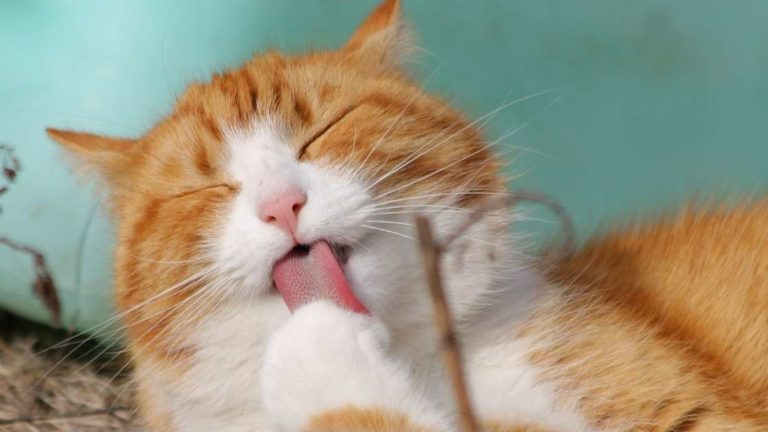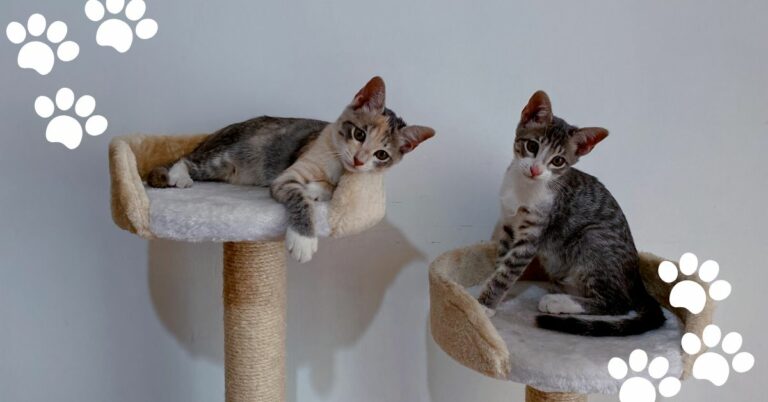Can Cats Eat Blueberries? A Comprehensive Guide
From kibble to canned, we know that choosing the right diet is a daily concern for pet owners. But what about the occasional treat? With more and more pet owners letting cats join in with their human snacks, there’s a growing curiosity about sharing some of nature’s sweet gems—blueberries. Are they just as good for our feline friends as they are for us? We’re about to find out.
Nutritional Value of Blueberries for Cats

Blueberries are celebrated for their high levels of vitamin C and K, dietary fiber, and antioxidants, which can be beneficial for heart health and diabetic control. For humans, they’re a nutritious addition to any meal, but what about cats?
Vitamin Infusion for Felines
Cats, being obligate carnivores, have a much more specialized nutritional requirement than humans. While they do not have a dietary need for the same level of fruits and vegetables in their diet as we do, blueberries can still offer a health boost.
Cat-Friendly Nutrients in Blueberries
- Antioxidants: Strengthen immunity and overall health.
- Fiber: Can aid digestion in small, beneficial doses.
- Vitamins: A, B6, C, E, and K contribute to various feline health aspects.
- Manganese: Supports bone development and wound healing.
Feeding Cats, Feline-Style
It’s important to remember that blueberries should not replace a nutritionally complete diet for your cat. They should only serve as an occasional treat.
Feasibility and Safety of Blueberries for Cats
The soft texture of blueberries can make them easier for cats to chomp on compared to harder fruits.
Small but Mighty: Safe Quantity of Blueberries
Cats don’t need to gobble up a cupful of blueberries to enjoy their benefits. Offering one or two as a special treat is enough. Remember, moderation is key!
Balancing Act: Incorporating Blueberries into Diet
Cats fed on a commercial diet are often getting all the nutrients they require. Blueberries can complement this, but offering too many can detract from the feline balance.
Also Read: Can Cats Eat Blueberry Muffins? (Yes & How Much?)
Health Benefits of Blueberries for Cats
The antioxidants found in blueberries can be just as beneficial to cats as they are to humans.
Nature’s Shield: Antioxidants in Blueberries
Blueberries contain a variety of antioxidants, including anthocyanins, which can play a role in aging and brain function preservation.
Keeping Trim with Treats
Yes, you read that right! Blueberries are low in calories but high in fiber, which can leave your cat feeling fuller without the fear of calorie overload.
Potential Risks or Allergies
While blueberries are relatively safe for cats, allergies can still be a concern.
Allergies and Their Impact
Are cats generally allergic to blueberries? Not particularly, but individual cases do exist. A cautious introduction is always a good idea.
Overindulgence Risks
Like any treat, excessive blueberry consumption can lead to digestive upset or diarrhea in cats. Keep those quantities in check.
Tips for Introducing Blueberries to Cats
Slow and steady wins the race when it comes to introducing new foods to your cat.
A Methodical Approach
Whether you offer a full blueberry or a crushed version, introducing it gradually over a few days can decrease the chance of rejection or stomach issues.
The Right Mix
If your cat enjoys wet food, try mixing a few mashed blueberries in as a surprise.
Serving Suggestions and Recipes for Feline Consumption
Here’s how to jazz up mealtime with these little blue marvels.
Single Serve Suggestions
Fresh or frozen? Both are fine, but be mindful to thaw the latter first. Fresh blueberries are usually more flavorful and easier to digest than frozen ones, so they may be preferable if you want your cat to get the most out of their snack.
However, frozen blueberries can last longer and may be more affordable depending on where you shop. Be sure to thaw them out before serving them as cold foods can cause stomach upset in some cats.
The Mash-Up
If your kitty is resistant to whole blueberries, a quick mash-up can make them easier to mix in with regular food.
Conclusion
The question of “Can cats eat blueberries?” has been thoroughly explored, and the verdict is that they indeed can! Blueberries offer an array of health benefits for cats, from antioxidant support to potential weight management help. However, care should always be taken to ensure that treats don’t outweigh the nutritional balance of the overall diet.
Remember, it’s always wise to consult with your veterinarian before introducing any new food into your cat’s diet. And with treats like blueberries, keep the servings small and infrequent. Responsible pet owners understand that treats are just that—treats, not meal replacements. By approaching feline nutrition with a balanced, informed perspective, we can ensure our furry family members can happily share in some of our healthy delights.






